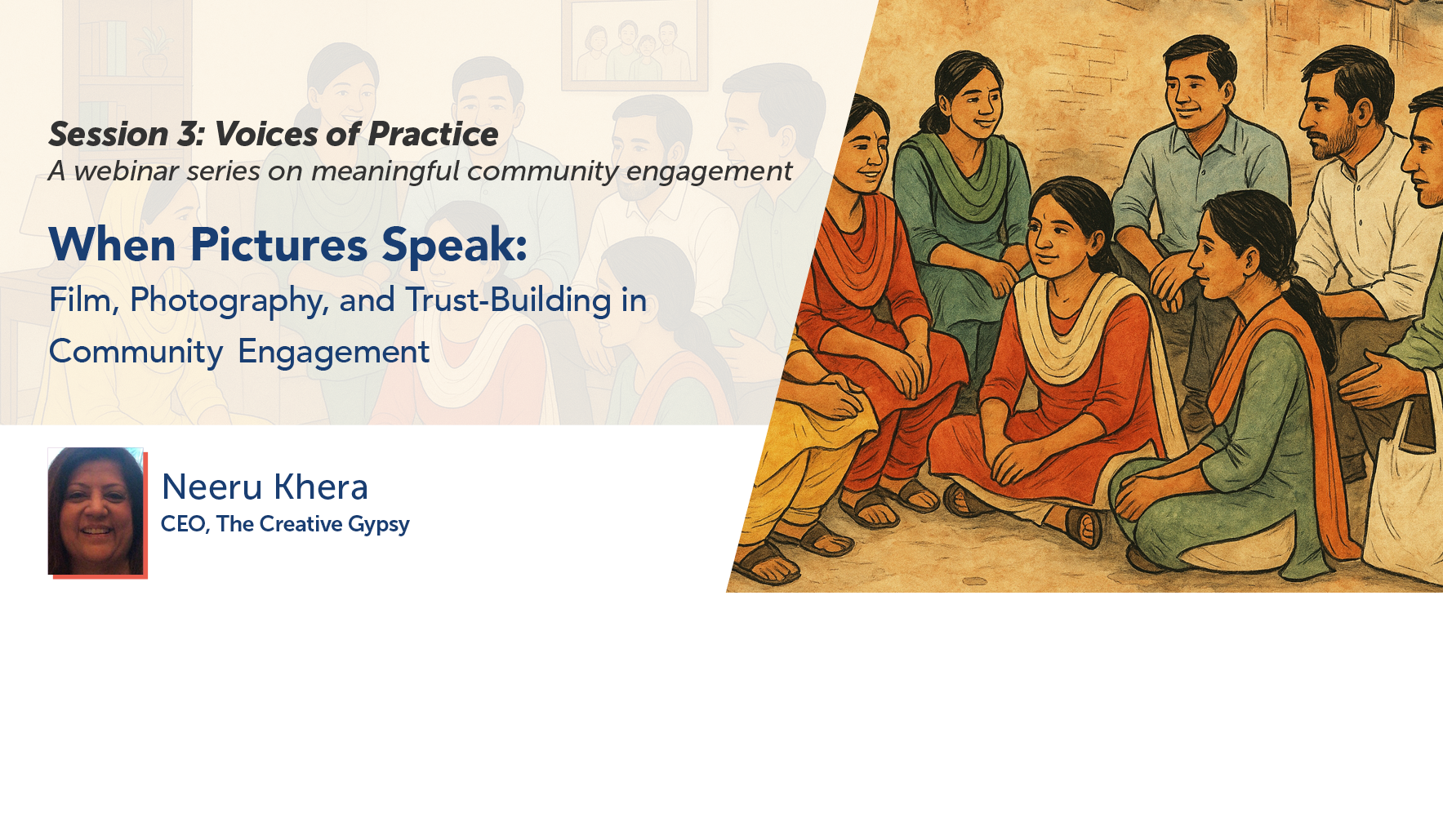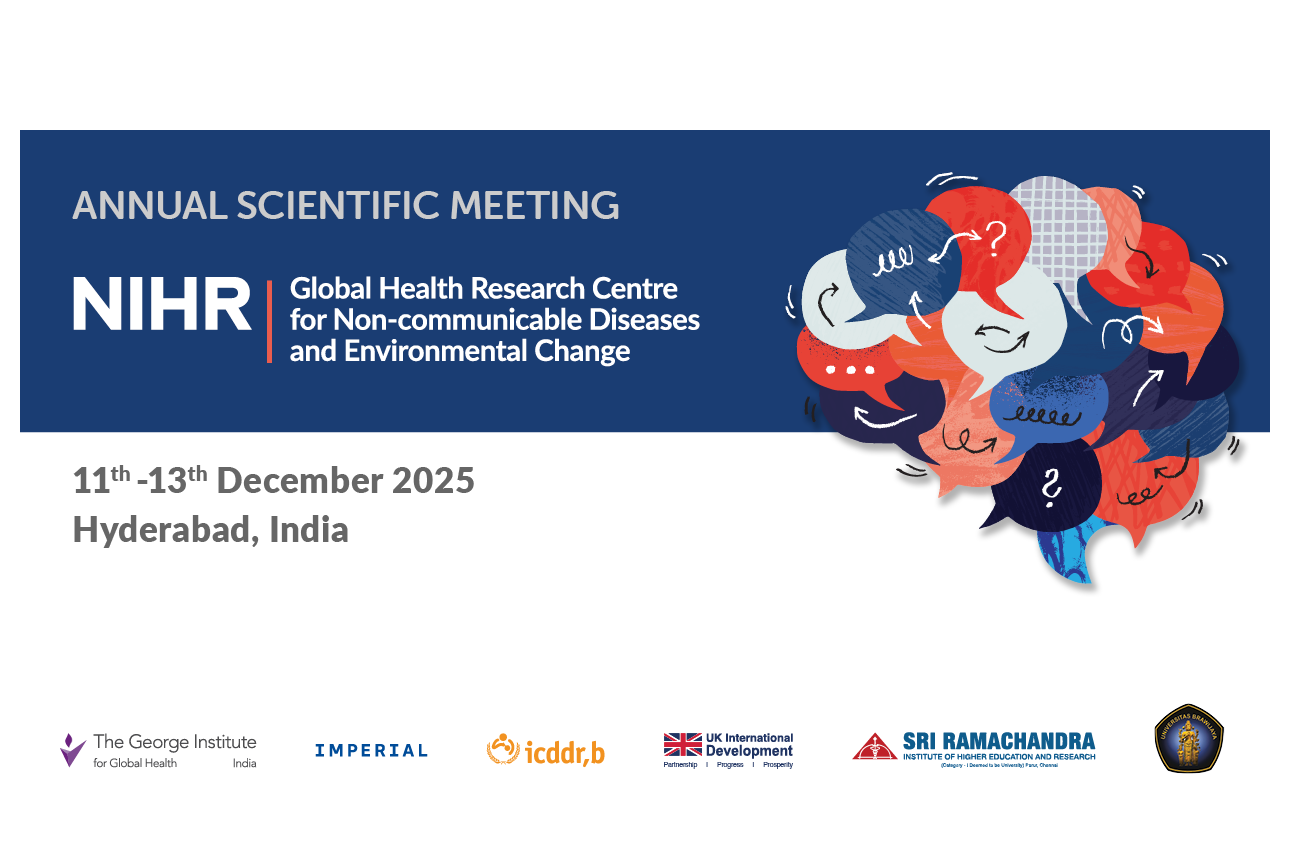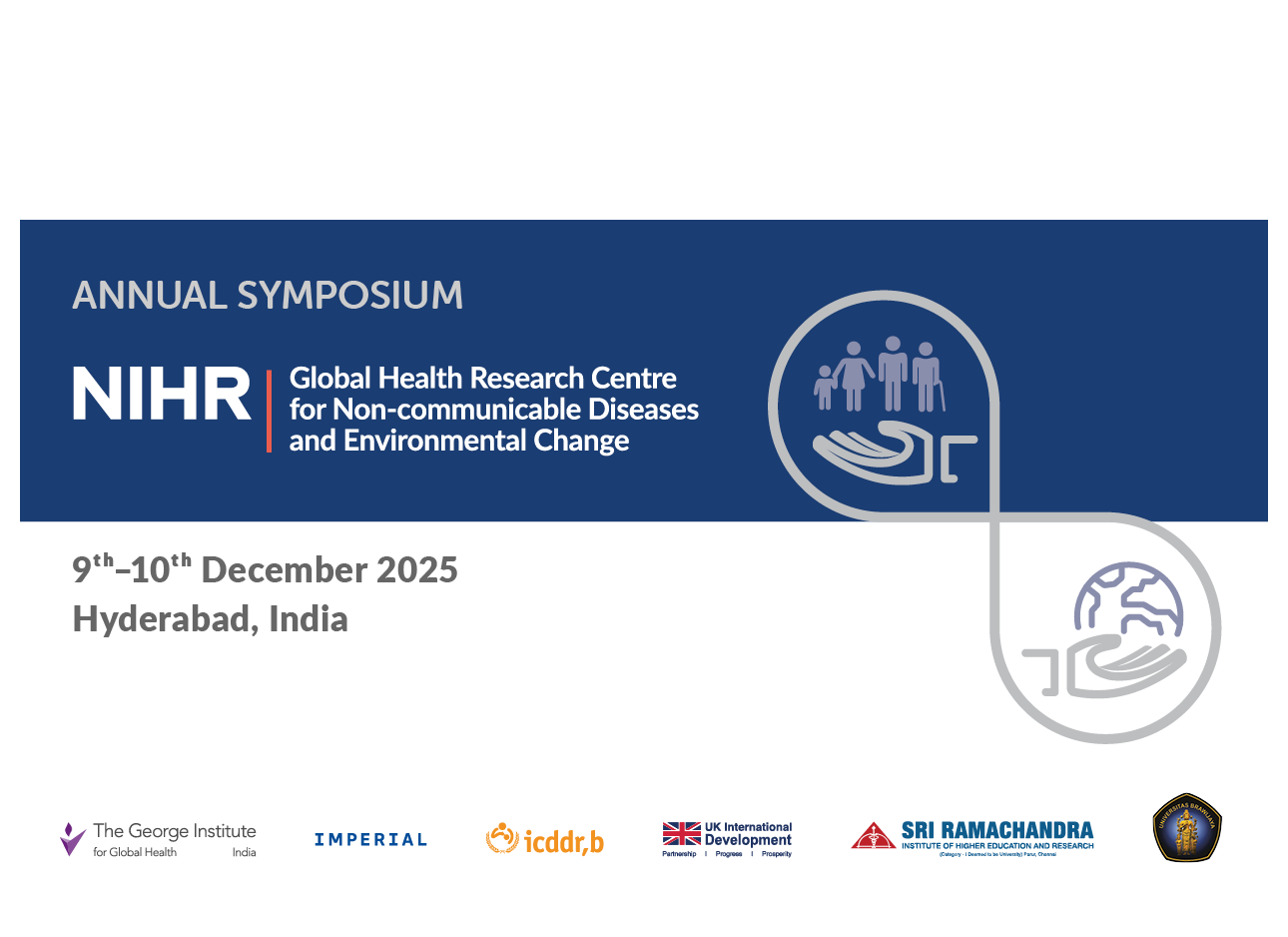Globally, communities of practice (CoPs) serve as forums that bring together individuals with shared interests to foster knowledge exchange, professional development, collaboration, and networking. With the research landscape rapidly evolving, various organizations and professions have adopted CoPs as a strategic tool to promote innovation and best practices across different domains.
International Research Management (RM) associations, such as in the USA, Australia, and South Africa, have evolved as formal CoPs, supporting the professionalization of Research Managers and Administrators (RMAs) across countries and institutions.
However, we observe a gap in similar formal associations for RMAs in several countries, especially in Asian countries. For example, countries like China, India, Malaysia, Singapore, and Vietnam are seeing growing numbers of research managers, but of those, only Japan and Malaysia currently have formal national RM associations.1
In India, the India Research Management Initiative (IRMI)- an informal RM CoP- is the single most important point of networking, cross learning, and collaboration for RM professionals. IRMI, supported by the DBT/Wellcome Trust India Alliance, established in 2019, has been instrumental in lending visibility to the profession and establishing a research managers’ network. Laying a solid foundation for collaborative RM in the region through its grants and fellowship schemes.
In nations where RM is still in its infancy- like in LMICs- the establishment of CoPs can offer significant advantages. CoPs enable research managers to learn and adapt best practices to their institutional contexts. Whilst identifying areas for improvement, aligning strategies with organizational goals, and facilitating peer learning and mentorship.
In addition to national or regional associations of RMAs, large multicentre grants can also play a critical role in setting up and sustaining CoPs at collaborating institutions for promoting the exchange of knowledge, skills, and best practices.
At the NIHR Global Health Research Centre (GHRC) for Non-Communicable Diseases and Environmental Change, we are working towards a shared vision of strengthening both research and institutional research capacity in LMICs, and RM is often an unrecognized part of this puzzle. As a four-country multi-institutional centre focused on generating the best actionable evidence to tackle the growing burden of non-communicable diseases and the effect of climate change on health, the research centre’s success calls for effective collaboration with different stakeholders both within and beyond the partnering institutions.
This is where RMAs play a key role by acting as enablers. RMAs facilitate collaboration among researchers and external stakeholders to align research activities with research goals while enhancing operational efficiency. Additionally, research managers support capacity building, oversee timelines, and uphold research quality standards. In doing so, they help researchers deliver impactful, timely, and well-governed outcomes. RMAs also contribute towards mapping research performance, which feeds back into exploring new funding opportunities, thus playing a direct role in the sustainability and long-term success.
An early needs assessment at our centre revealed varying levels of operational efficiency and distinct skills and competencies in research management across the partner institutions of the centre.
To foster effective and prudent knowledge exchange across the NIHR GHRC partner institutions, we at the George Institute for Global Health India developed capacity-building workshops for research management professionals in the first year of award. We worked with our global partners at the collaborating institutions to establish a CoP for research managers. Funded by the Cohort Development Academic Award (CADA), a supplemental funding provided by NIHR to train early career researchers and professionals, we embarked on the journey of organising and facilitating a multi-lateral workshop.

At the CADA workshop conducted in December 2023, RMs from four collaborating institutions convened at the University of Brawijaya, Indonesia. Participants included researchers and RM professionals from the George Institute for Global Health, Sri Ramachandra Institute of Higher Education and Research, University of Manchester, and University of Brawijaya, including grant coordinators, principal investigators, and country leads.
The workshop aimed to foster networking and cross-learning within and across the centre, building peer support and collaboration among teams. By establishing platforms for sharing best practices in grants management, governance, and monitoring, we worked toward enhancing communication and ensuring seamless grant management across the research lifecycle. However, the workshop was not merely focused on managing one grant; our aim was to build an ecosystem that supported the sustainable development of RM capacity at the four institutions.
Through interactive sessions, presentations, and focused group discussions, best practices in research management were highlighted. In addition, case studies on institutional practices related to pre- and post-award processes, research capacity strengthening, and early career researcher development were discussed in highly engaging brainstorming sessions. In-depth focused group discussions were conducted on specific issues, such as institutional resources, SOPs, and technology platforms used for research management, fostering a deeper understanding of how systems operated across institutions.
These discussions were an opportunity for mutual learning and collaboration to drive improvements in processes across institutions2. The workshop sensitized attendees to the value of dedicated RM staff, demonstrating how trained professionals could-
1) Track funding opportunities and manage due diligence,
2) Build institutional capacity for effective project management,
3) Track impact of research activities and help in preparing reports that could eventually, and
4) Free up researchers’ time to focus on core scientific activities.
The workshop’s outcomes were transformative for the University of Brawijaya, leading to the allocation of dedicated funding for hiring and training RM professionals. The initiative also laid the groundwork for the establishment of a CoP for RM professionals working at the partner institutions of the NIHR GHRC for Non-Communicable Diseases and Environmental Change.

There were several key changes and developments across the centre in the year following the workshop. For instance, financial reporting is an essential and vital requirement for a major grant like the NIHR GHRC, but it’s not always easy to condense all reports due to different reporting styles across institutions. In 2024, RMs facilitated finance reporting discussions leading to improved coordination between the institutions.
Additionally, it spurred research managers to develop capacity-building trainings for both researchers as well as non-research staff. The trainings include sessions on folder management, grant writing, project management, strategic communication, and a leadership workshop.
Recognizing the divergent modes of research management at different institutes and to keep the momentum of this multi-institutional, multi-country CoP of RM, we plan to hold more structured professional development courses and workshops of early and mid-career RMs, particularly those based in LMICs. This will not only benefit the RMs within the centre but could also be a resource for RMs in other LMIC-based institutions and aspires to address skill gaps and foster professional growth.

Our experience at the centre has shed light on the effectiveness of CoPs towards the advancement of RMs and enhancing RM practices at institutions. This hopefully will serve as an example for other large multi-institutional grants, as well as for funders to consider establishing CoPs in research capacity strengthening frameworks.
By maintaining an active CoP through regular meetings and activities, RM professionals can: a) Continuously update training materials based on partner needs, b) Stay informed of developments in national and international RM contexts, and c) Strengthen the scientific ecosystem across partner countries by building sustainable RM capacity.
Within the centre, the RM CoP has had the following outcomes-
- Developing training and exchange programs for research-support staff such as in finance management, project management, and strategic communication.
- Co-developing SoPs and guidelines for the partnering institutions such as in the prevention of heat-related injuries for field staff, standardising data management processes, and a common data sharing agreement.
- Organizing training programs for researchers, such as in grant writing, non-research communications, and knowledge management.
- Developing PhD enrolment processes for researchers in the centre in collaboration with Manipal Academy of Higher Education.
- Strengthening training platform infrastructure by functionalising MOODLE and Articulate.
Sharing knowledge, resources, and best practices enables us to collectively advance the impact and efficiency of research management in these regions. By fostering collaboration and communities of practice, we can enhance our collective capabilities and pave the path for future breakthroughs in research management.
——————————————————
This blog was authored by Sarah Iqbal and Rajeshree Sanyal.
About the authors:
Sarah Iqbal- Sarah is the Research Manager at the George Institute for Global Health, India. She also spearheads the knowledge management at the NIHR Global Health Research Centre for Non-communicable Diseases and Environmental Change. A PhD in Biochemistry and with over three years of experience as a research manager, Sarah Iqbal works closely with researchers and the communications team.
Rajeshree Sanyal- Rajeshree is the Senior Projects Manager and coordinator of the Clinical Research Training Program (STOP-Epilepsy CRC) at the George Institute for Global Health. With over four years of experience in research management and a PhD in Microbiology, she is dedicated to enhancing research capacity, with a focus on designing and implementing innovative training programs.
This research was funded by the NIHR (Global Health Research Centre for Non-communicable Diseases and Environmental Change) using UK international development funding from the UK Government to support global health research. The views expressed in this publication are those of the author(s) and not necessarily those of the NIHR or the UK government.






